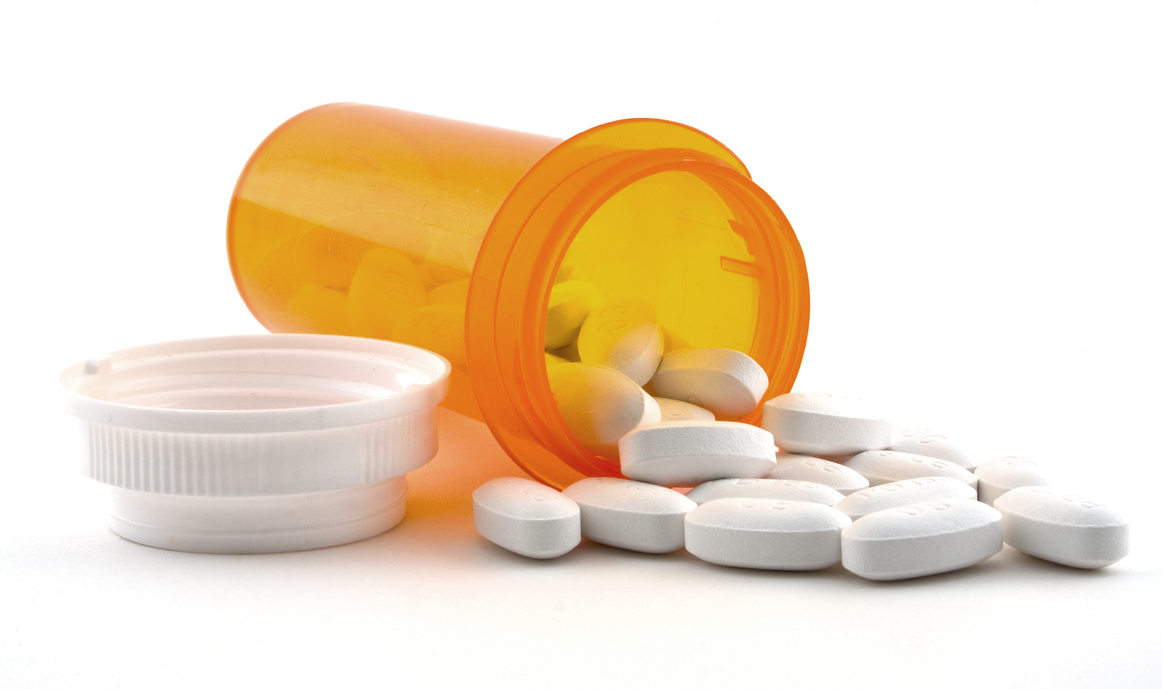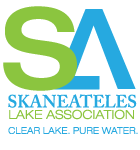ALERT: Harmful Algal Blooms (HABs) have been observed in the south eastern end of the lake. LEARN MORE
ALERT: Harmful Algal Blooms (HABs) have been observed in the south eastern end of the lake. LEARN MORE
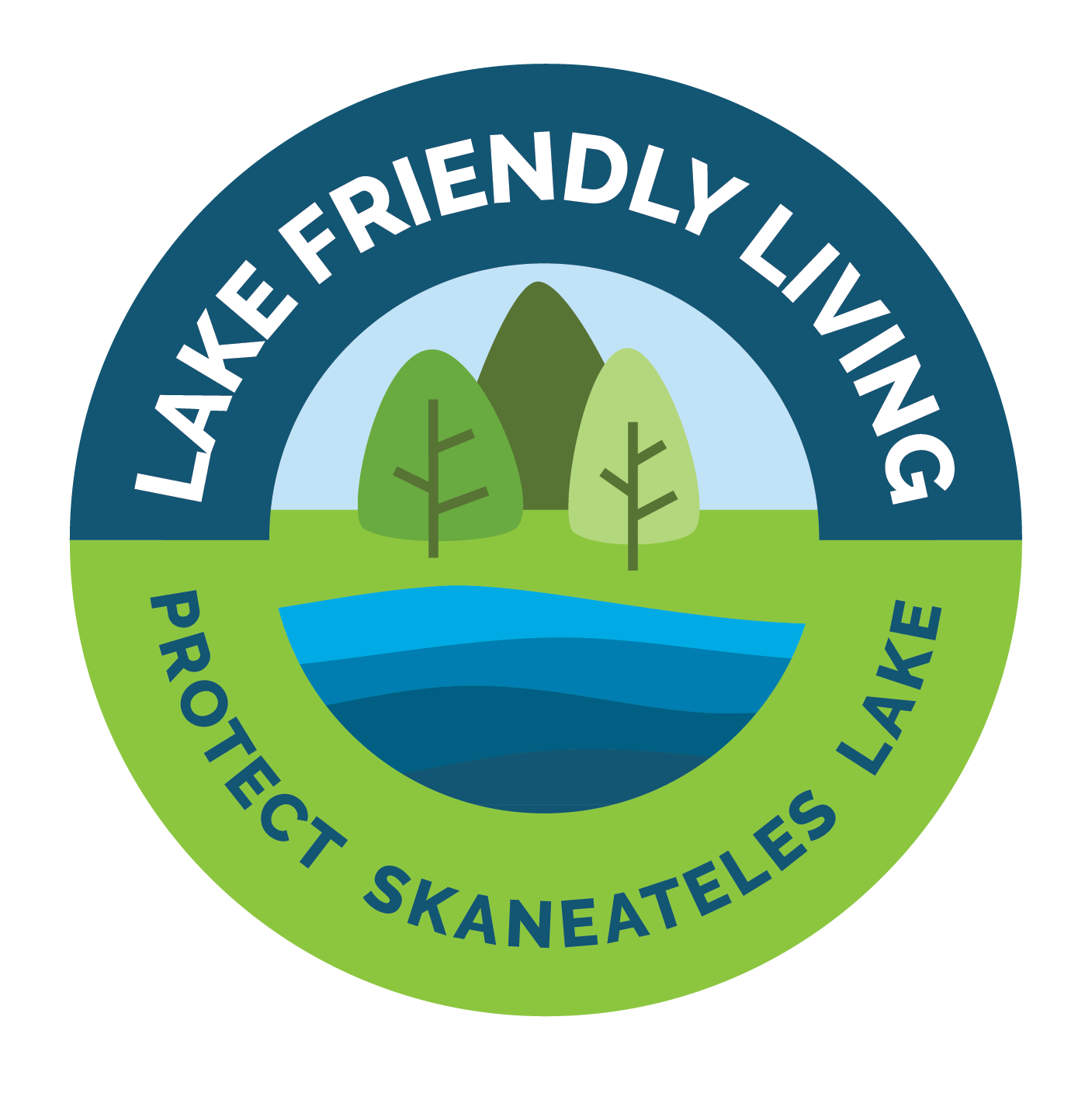
Some chemicals used inside the house are just as toxic as outdoor chemicals. Paints, paint thinners, oven cleaners, anti-freeze, or products containing lye or strong acids must be used and disposed of with great care. If these chemicals go down the drain or into the toilet, they may be harmful.
Septic tanks are not equipped to treat them.
Read first: Follow the specific label instructions on how to properly dispose of household chemicals. The health of the lake depends on it.
Inquire: Check with your local transfer station for paint and chemical disposal collection options. Check Resources
Follow the law: Besides being dangerous for the environment, it is illegal to dispose of chemicals in storm drains or roadside ditches.
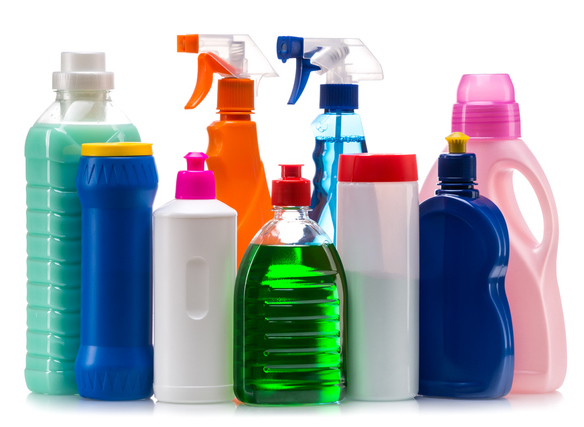
Perfluoroalkyl and polyfluoroalkyl substances (PFAS), also known as “forever chemicals,” are
man-made chemicals used in water-, stain-, and grease-resistant consumer products like nonstick cookware, cleaning products, shampoos, and even dental floss. PFAS can migrate into the soil, water, and air during production and use, and most PFAS do not break down, so they remain in the environment.
Microplastics are the result of everyday plastic items discarded into the environment that eventually break down into smaller and smaller fragments. These fragments spread easily and are carried by wind and runoff into the lake. Rising microplastic levels are found in fish and other wildlife around the world, with perilous outcomes possible across the entire food chain.
Choose wisely: Cut down plastic consumption, especially single-use plastic containers. Look for compostable packaging whenever possible..
Use the tap: Plastic water bottles are a leading source of waste plastic. Re-usable water bottles same money and protect the environment.
Be responsible: Plastic litter anywhere in the watershed can lead to microplastics reaching the lake. Pick up litter and dispose of it properly.
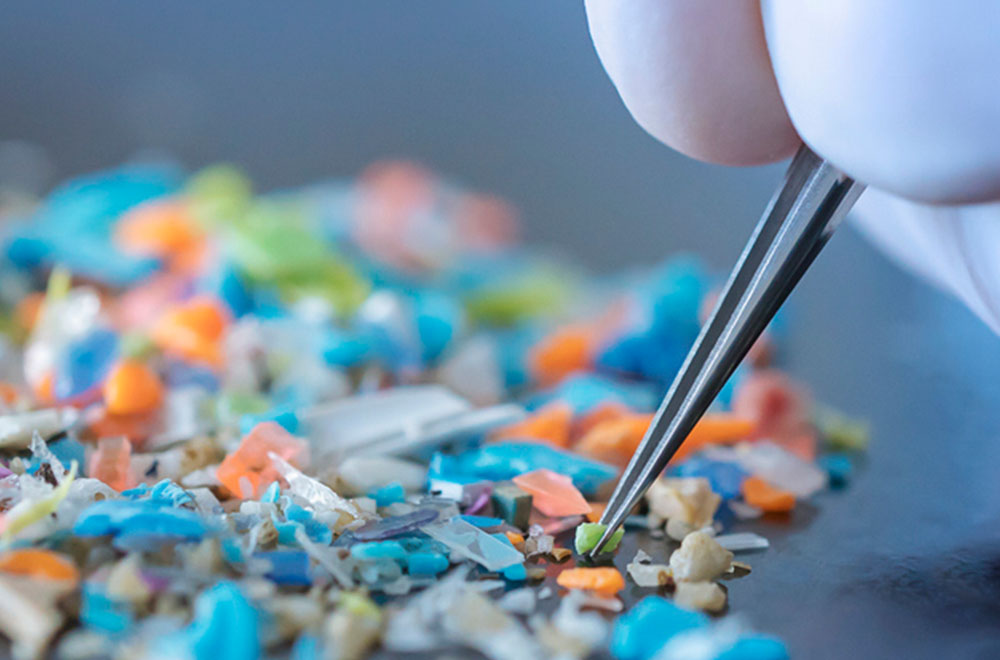
De-icing crystals, liquids, salt, and sprays help keep driveways and sidewalks safe, but they are also pollutants that can be harmful to the lake. Melting snow and rain carry de-icing chemicals into storm drains, ditches, and tributaries that lead to the lake.
Use sparingly: De-icers are not a replacement for shoveling. Shovel first, then apply de-icer directly to the frozen surface, or apply before a storm.
Skip the salt: Salt is the most harmful de-icer, affecting plant growth and soil. See a better list of options below.
Avoid waste and spills: A mechanical spreader will help prevent over application.
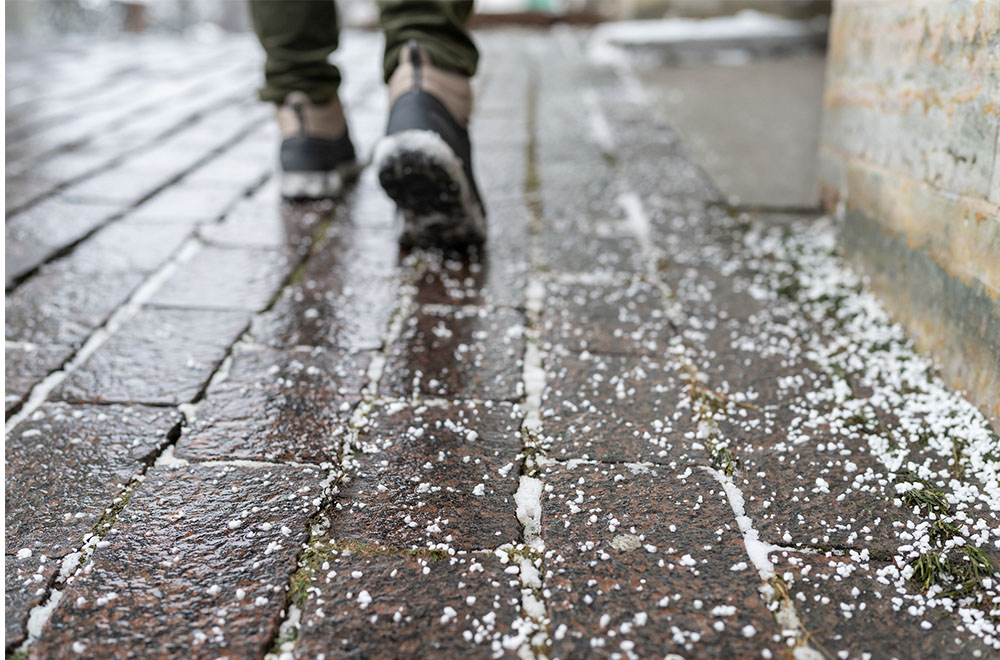
Prescription and over the counter drugs should never be flushed or washed down the drain. Medical compounds may have adverse effects on plants or animals and affect water quality. Always dispose of medications responsibly.
